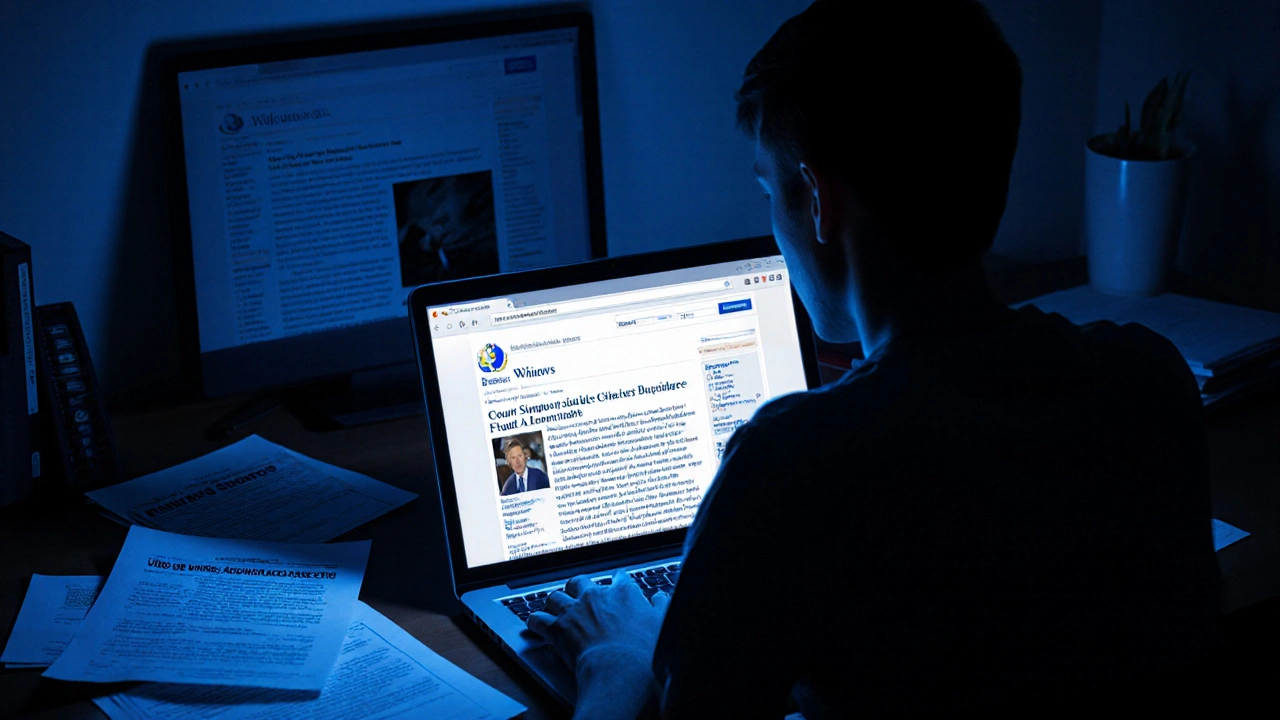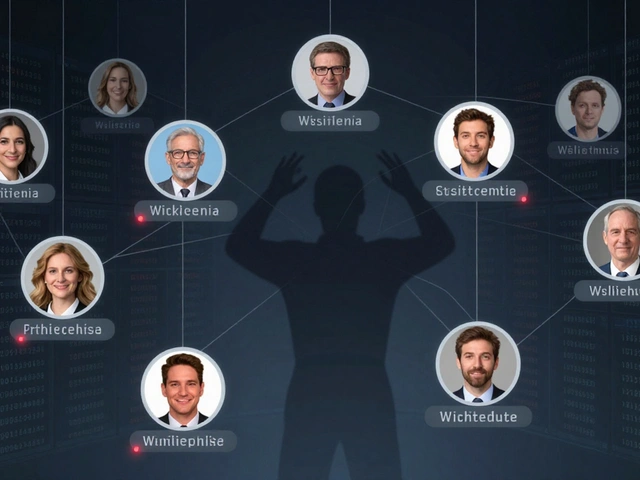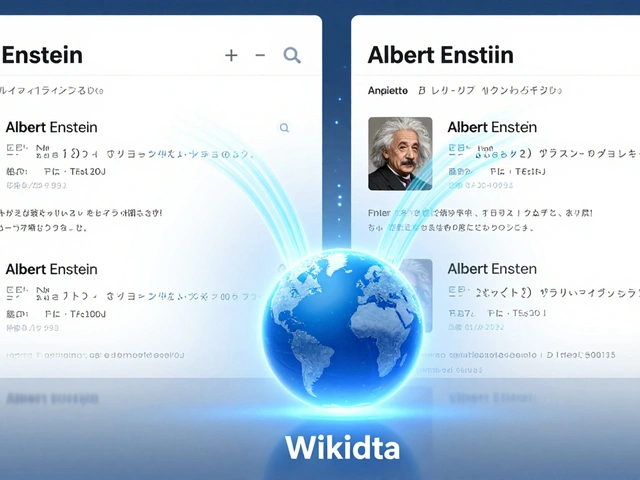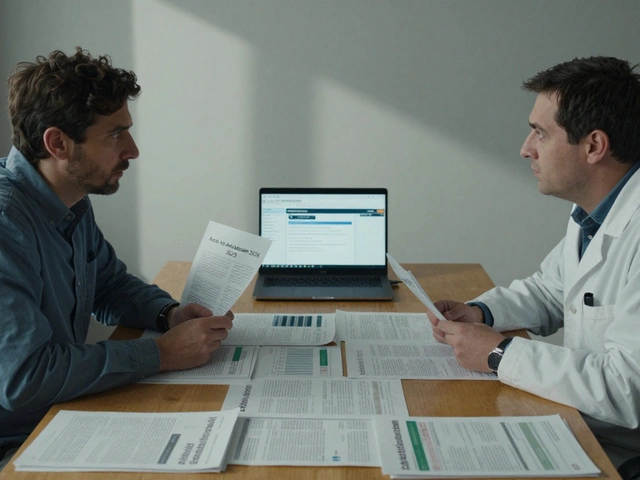Privacy Law and Wikipedia: How Data Rules Shape Online Knowledge
When you edit Wikipedia, you’re not just writing an article—you’re handling privacy law, legal frameworks that control how personal information is collected, stored, and shared online. Also known as data protection law, it’s what forces Wikipedia to remove names, addresses, and private details from articles—even if they’re true. This isn’t just about deleting gossip. It’s about balancing the public’s right to know with an individual’s right to be left alone. And on a site where anyone can edit, that balance is constantly being tested.
Wikipedia doesn’t make up its own rules. It follows privacy law, binding regulations like the EU’s GDPR and California’s CCPA that require platforms to honor removal requests for personal data. When someone asks to have their birth date or workplace erased from a biography, Wikipedia’s volunteers must comply—even if it means losing useful context. That’s why thousands of copyright takedown, requests to remove content based on intellectual property claims and privacy removals happen every year. These aren’t just technical fixes. They’re legal obligations that reshape what knowledge stays visible.
The Wikimedia Foundation, the nonprofit that runs Wikipedia and defends its open knowledge model doesn’t fight these rules. It adapts. It trains editors on how to spot private info, builds tools to flag sensitive content, and even pushes back when laws threaten free expression. But the tension is real: privacy law can erase historical facts, silence whistleblowers, and bury legitimate public interest stories. Meanwhile, AI systems trained on Wikipedia often reuse that same erased data, creating new problems.
What you’ll find below is a collection of real stories from Wikipedia’s front lines—how editors handle harassment that spills off-site, how journalists use Wikipedia without breaking ethics, and how copyright and privacy claims quietly remove content from the encyclopedia. These aren’t abstract debates. They’re daily choices made by volunteers who care more about truth than traffic. And as privacy laws grow stricter around the world, those choices matter more than ever.
Legal Risks on Wikinews: Libel, Privacy, and Jurisdiction Explained
Writing for Wikinews carries real legal risks-libel, privacy violations, and cross-border lawsuits. Learn how to report safely without exposing yourself to lawsuits.





